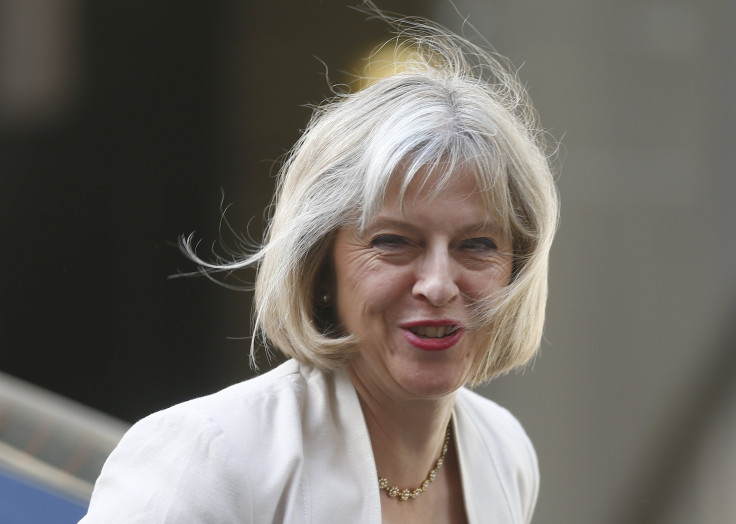Proposed UK Laws On Mass Surveillance And Encryption Require ‘Significant Work’

A committee of politicians looking into the draft Investigatory Powers Bill, which seeks to give U.K. intelligence agencies more powers to spy on citizens, says the new measures should be allowed, but only after significant work is done to clarify the bill.
The members of the Joint Select Committee (JSC) published their findings on Thursday in a report with over 150 recommendations about how the bill, commonly known as the Snooper's Charter, should be amended.
"The Committee supports the intention behind the draft Bill, which is to bring together the numerous provisions in statute governing intrusive powers which already exist into one clear piece of legislation," the report states. "But the Committee finds that important clarity is lacking in a number of areas."
One of the main areas of contention between the government, privacy advocates and technology companies like Apple has been over the issue of encryption. In the report, the committee calls on the government to provide more details on how this will work in practice.
"The Government still needs to make explicit on the face of the Bill that CSPs [Communications Service Providers] offering end-to-end encrypted communication or other un-decryptable communication services will not be expected to provide decrypted copies of those communications if it is not practicable for them to do so," the JSC's report says.
In addition to seeking more clarity, the report criticizes some of the technical aspects of the draft bill. "We recommend that more effort should be made to reflect not only the policy aims but also the practical realities of how the internet works on a technical level," the report states.
The JSC report comes just days after the Intelligence and Security Committee published its own highly critical report of the bill, calling it "inconsistent and largely incomprehensible." That report pointed out the lack of provisions for protecting citizen's privacy. “Given the background to the draft Bill and the public concern over the allegations made by Edward Snowden in 2013, it is surprising that the protection of people’s privacy — which is enshrined in other legislation — does not feature more prominently.”
Earlier this month, the U.K. Parliament's Science and Technology Committee said the bill could damage the country’s technology sector and customers’ trust in those companies, adding that putting the new measures in place could cost taxpayers an additional 2 billion pounds ($2.88 billion) per year to implement, at a time when the government is pushing austerity measures.
Reacting to the JSC report, Renate Samson, chief executive of privacy group Big Brother Watch, said the draft bill has found "a warily supportive friend" in the Joint Select Committee, but warned the government should still be worried about the latest report.
"Whilst this report is far from damning, the mild mannered recommendations should raise serious concern in Theresa May’s team that all is far from well with the Bill. A great deal of work must be done to satisfy the calls from all three Committees,” Samson said.
© Copyright IBTimes 2024. All rights reserved.












